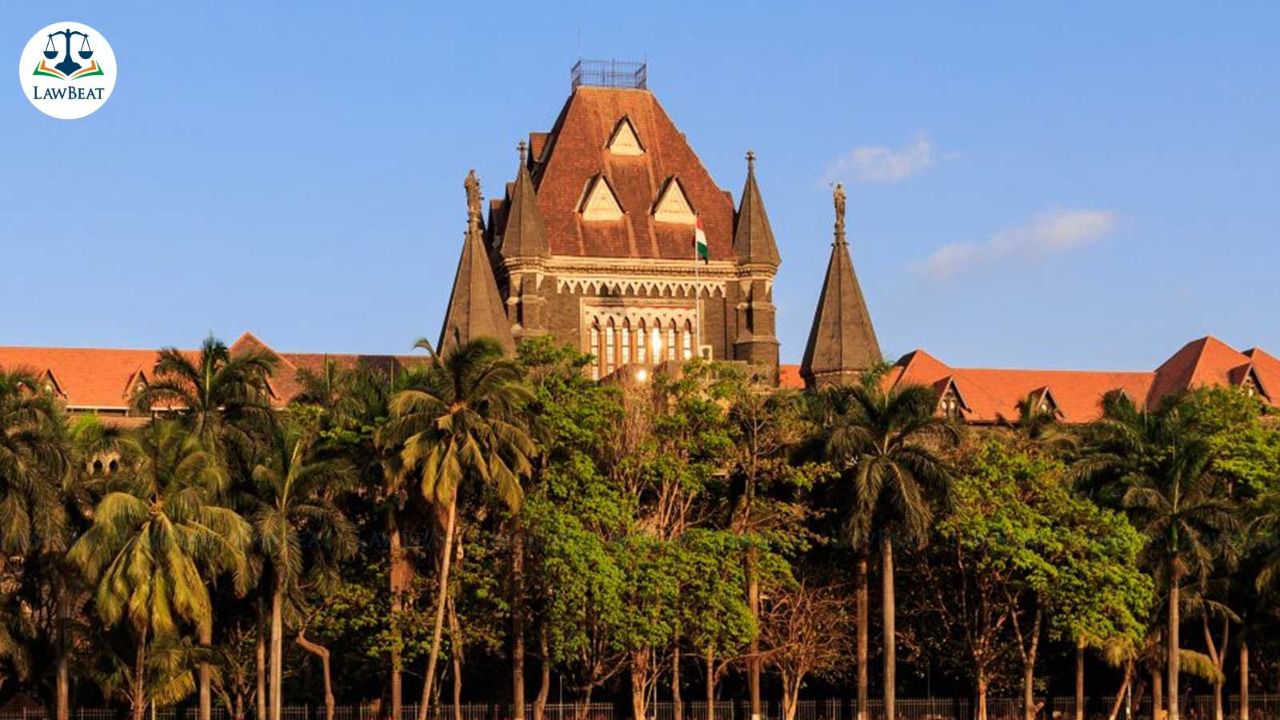Consent of Spouse Not Required For Donating Organs: Bombay High Court

The high court said that the issues between Dinesh and Shreya could come between Pansanna’s fundamental right under article 21
A division bench of the Bombay High Court comprising Justice GS Patel and Justice Neela Gokhale has recently allowed a kidney transplant by a person named Dinesh to his brother-in-law while observing that consent of a spouse is not required for donating organs.
“The Act makes no provisions for a spouse withholding consent even unreasonably or for extraneous reasons. Dinesh has already filed an Affidavit and made a comprehensive statement that his estranged spouse and unmarried daughter have been provided for. Before us he reiterates that, and we have no reason to disbelieve him. We cannot understand why the insistence on a spousal consent should literally come at the cost of Prasanna’s life. It is not as if Prasanna is demanding the donation from Dinesh or that Dinesh is being pressured into making that organ donation. The essence of the Act in such cases is for a voluntary donation of an organ,” the court observed
The Court was hearing a case wherein an order was issued on March 15, upholding an earlier decision by the Regional Authorisation Committee, which declined to approve a proposed kidney donation from Dinesh to Prasanna.
Dinesh, the brother-in-law of Prasanna, voluntarily offered to donate his kidney. Subsequent to this both of them underwent various compatibility tests. It was determined that Dinesh's kidneys were normal, and he was a suitable match. The hospital in Pune recommended that Dinesh could proceed with the necessary surgery. Consequent to this Prasanna, Dinesh, and Dinesh’s wife Shreya submitted affidavits confirming their relationship and the proposed kidney transplant arrangement.
To get approval for the transplantation, the petitioners submitted a joint application under the Act and its Rules. Dinesh, Prasanna, and their family members, including Shreya, were interviewed by the hospital's Ethics Committee. However, Shreya declined to attend the interview, and another interview that followed.
The Committee demanded that Shreya's consent be obtained as well, but the petitioners argued that neither the Act nor the Rules necessitated affirmative consent from "near relatives," including spouses. Nonetheless, the Committee declined the joint application because Shreya and her daughter with Dinesh did not participate in the interview or provide consent for the kidney donation.
The petitioners filed an appeal with the State government, but their application was rejected, prompting them to seek recourse in the High Court.
The high court therefore observed that the issues between Dinesh and Shreya could come between Pansanna’s fundamental right under Article 21
“He has been suffering from this condition since 2018 and since June 2021 is on daily dialysis. Thanks to Dinesh, this is his one chance to restore some semblance of normalcy to his life. Whatever be the marital issues between Shreya and Dinesh, we do not see how these can be allowed to come in the way of what is undoubtedly Prasanna’s fundamental right to life under Article 21. This is an aspect that both authorities have completely overlooked and utterly lost sight of. They have chosen instead to give primacy to a private, unstated, unspecified concern of the spouse,” the bench observed
Case Title: Prasanna Laxmikant Joshi & Anr vs State of Maharashtra Ors
